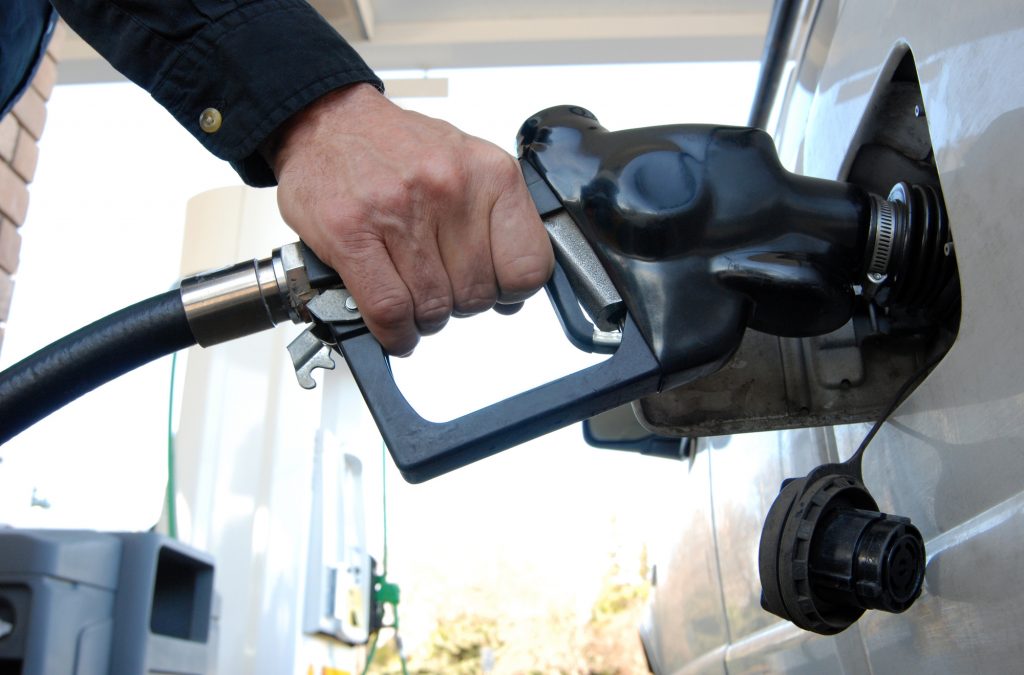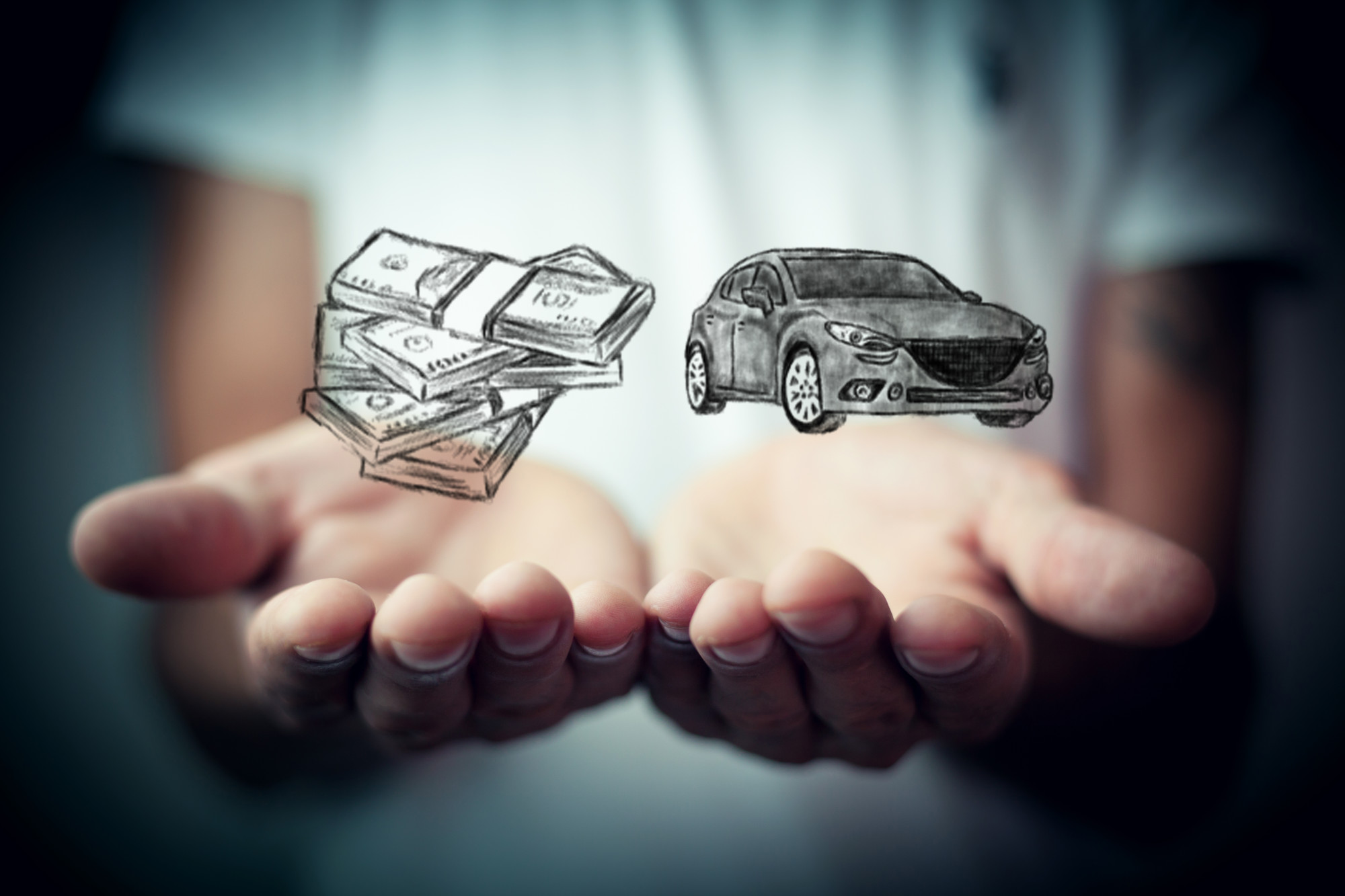
Gasoline is expensive, and if you’re like most people, watching the numbers tick up every week at the gas pump is painful. The key to getting more bang for your buck is improving your fuel efficiency. This can make your gas go the extra mile, quite literally, and help keep your fuel costs down.
Read on for 10 easy tips on how to improve gas mileage.
Don’t Punch It
When you’re running late for work and waiting on a stoplight to change, it may be tempting to punch the gas when the light turns green. Likewise, you may have a tendency to slam on the brakes when you come to stop signs or the like. But this is actually one of the quickest ways to hurt your gas efficiency.
Because your car is having to speed up and slow down quicker, it has to use more fuel to fight against physics. Taking off and stopping more gradually will help improve your mileage. You may want to pay close attention to this if you’re upset while driving, as these behaviors show up more during those times.
Use Cruise Control
If you’ve ever driven a long road trip, you’ll know that cruise control is a blessing. It’s a great way to make sure you aren’t accidentally speeding and to free up your attention from maintaining your speed so you can focus on other driving tasks. But it can also be a great way to improve gas mileage.
Cruise control can help keep you from matching pace with other drivers around you who may not be driving in the most fuel-efficient way. It can also prevent the small increases and decreases in speed you will need to make if you are manually controlling the speed. Keeping a consistent speed will help save you gas.
Turn Down the AC
In the summertime when it’s sweltering, it can be very tempting to put the air conditioner on full-tilt boogie – and keep it that way. But running the air conditioner costs fuel, and blasting it all summer can cost you gas efficiency.
Now the most fuel-efficient way to use your air conditioner is not to. Driving with the air conditioner off and the windows up will maximize your gas mileage. But assuming you don’t want to spend your summer in a sweatbox, turning down the AC some and turning it to low when the car gets cool enough will help improve gas mileage.
Don’t Carry a Lot
If you have a van or a pickup truck, it can be very tempting to use it as a cargo vehicle. The bed of a truck might be filled with supplies for a project, a toolbox, fishing gear, or any number of things. But carrying a lot of extra weight can reduce your fuel efficiency.
As much as possible, avoid carrying unnecessary weight in your vehicle for long periods of time. The less your truck has to haul, the more you’ll be able to improve gas mileage. If you do want something to help extend your driving range, check out this product.
Take Off the Extras
One of the primary factors affecting fuel efficiency is aerodynamics. You want your car to be as streamlined as possible. This means removing any extra sources of drag on your car.
Luggage racks or bike racks can create extra drag and make your car use more fuel to keep up its speed. Removing these will help improve gas mileage. If you really want to go whole hog, you could even take off your passenger side mirror.
Tighten Your Gas Cap
If you’ve ever noticed a warning on your gas cap to “tighten to the click,” you may have just thought the car manufacturers wanted to make sure you didn’t lose your gas cap. But it turns out this one simple instruction can help increase gas mileage.
When your gas cap isn’t tightened all the way, or when the seal around it starts to break down, air can escape into your gas tank. This makes its way with the fuel into the engine, causing your car to need to burn more fuel. So next time you fill up at the pump, make sure to tighten that cap all the way down.
Gas Up in the Mornings
Many of us get in our cars after work, look at our fuel gauges, and say “Oh, I need to go get gas.” But fueling up in the evening can actually cost you some money and gas efficiency. This comes down to the physical properties of petroleum.
When petroleum is colder, it is denser; as it warms up, it expands. So if you fill up your tank in the morning when the gas is colder, you may actually get a little more for your buck. This can save you a couple of bucks a month, depending on how often you fill up.
Replace Your Air Filter
Replacing the air filter is one of those car maintenance things that is easy to blow off or forget. Why does that thing need to be replaced so often anyway? Well, as it happens, replacing your air filter more frequently can help improve gas mileage.
Your car’s engine needs air to work, and it draws that air through the air filter. If your filter is clogged with dirt and debris, your car will have to work harder to get the air it needs to run. This means more burning of gas and less fuel efficiency.
Get Narrow Tires
When you’re having your tires replaced, it can be easy to just go with whatever the tire place recommends. And while that isn’t a bad strategy, next time you’re getting new tires, consider asking your mechanic about narrower tires. Surprisingly, this can help improve gas mileage.
Narrower tires have less frontal drag, which helps improve your car’s aerodynamics. But they also have less traction, making it easier to keep them turning. Do be careful to get tires that are approved for your vehicle make and model.
Keep Tires Inflated
Once you have those new, slim tires on your car, you want to make sure to keep them inflated properly. Check on the ideal pressure for your tires, and keep them inflated at that pressure or 10 pounds per square inch (psi) over. This can improve gas mileage.
Underinflated tires are terrible on fuel efficiency. Remember what we said about narrower tires being more fuel efficient because they have less traction. The same holds true for underinflated tires, and you don’t want that working against you.
More Advice to Improve Gas Mileage
There are a number of other tips to improve gas mileage, from using the recommended fuel for your car to remapping your car’s engine control unit. It all depends how much you want to put into it, and what will work best for your driving life.
For more auto repair advice and resources, visit YouFixCars. We have automotive resources, auto repair manuals, motorcycle repair manuals, and more. You’ll also want to take a look at the rest of our blog for more helpful articles.




